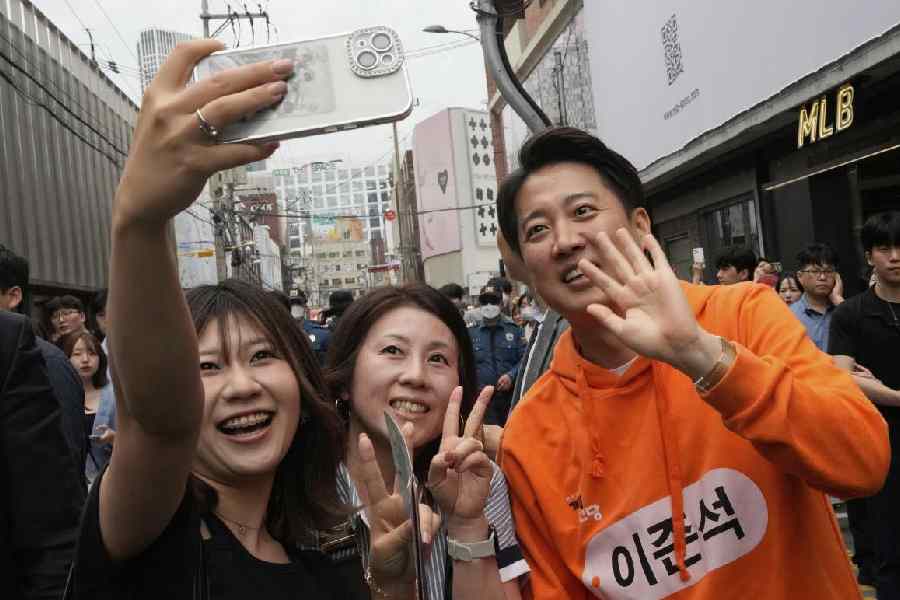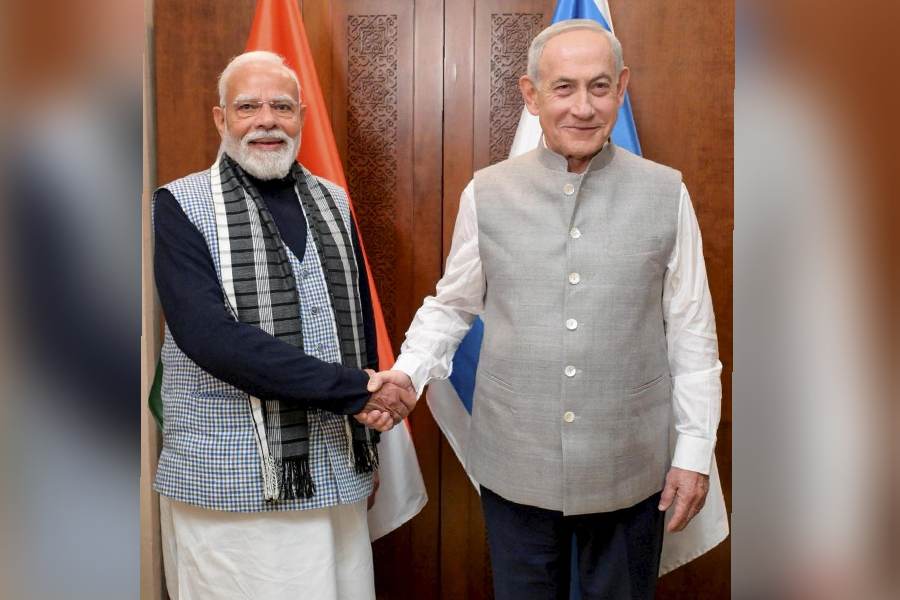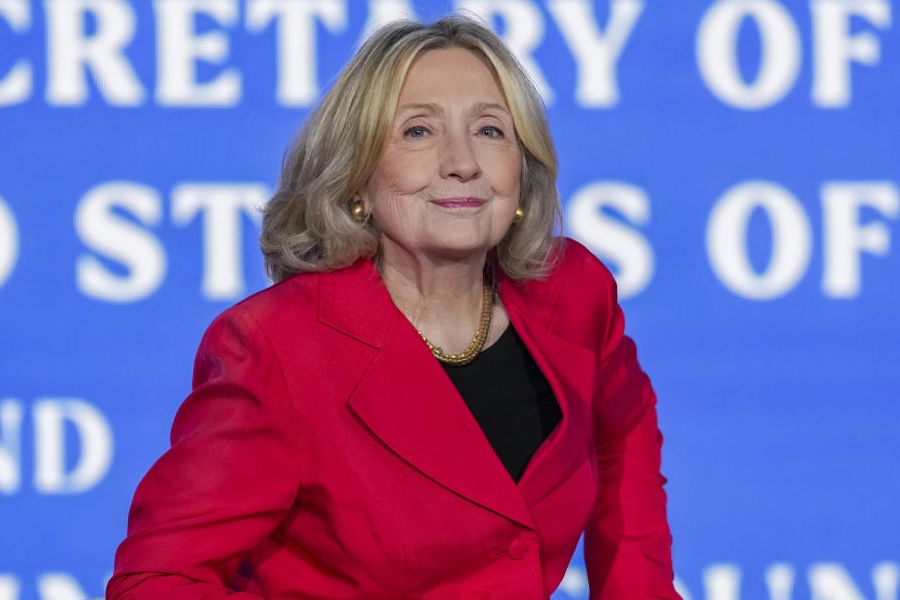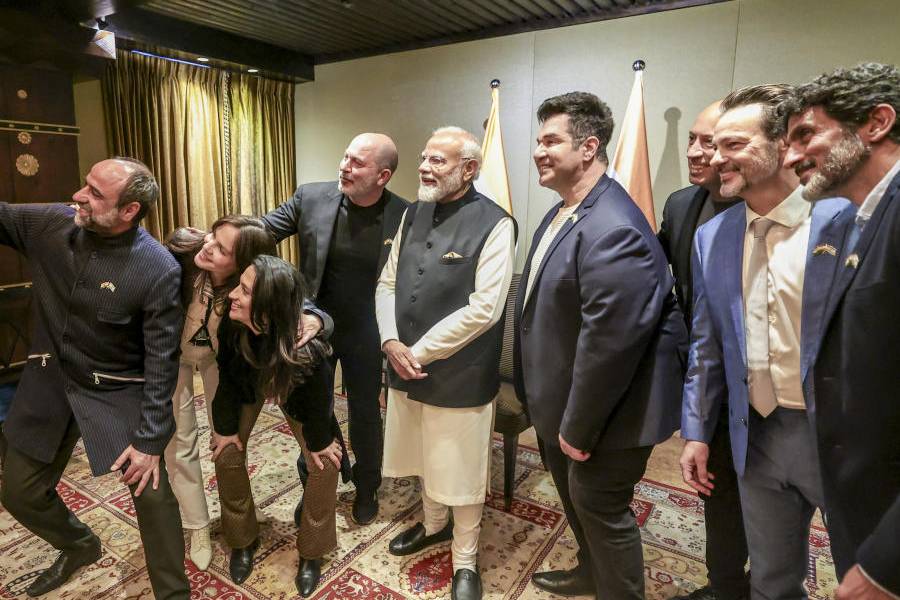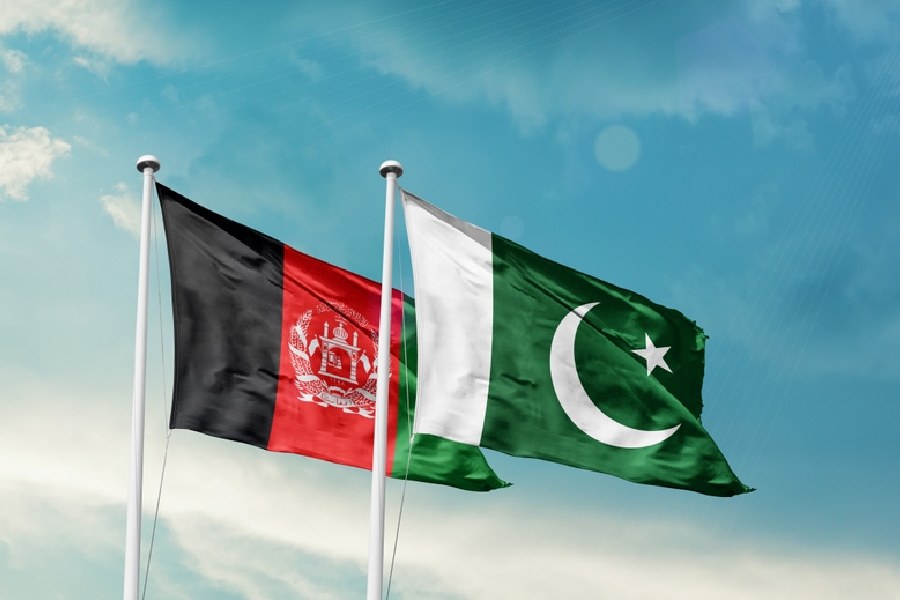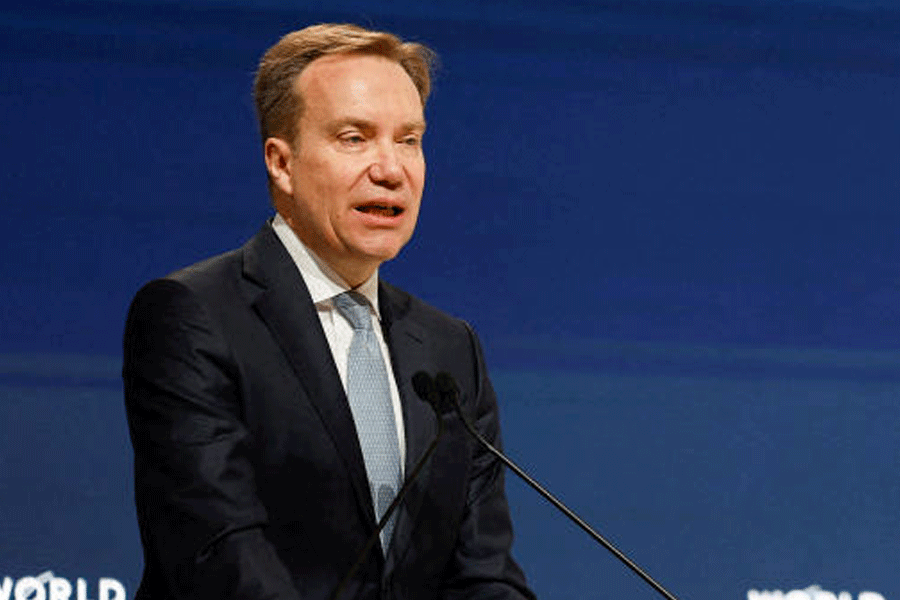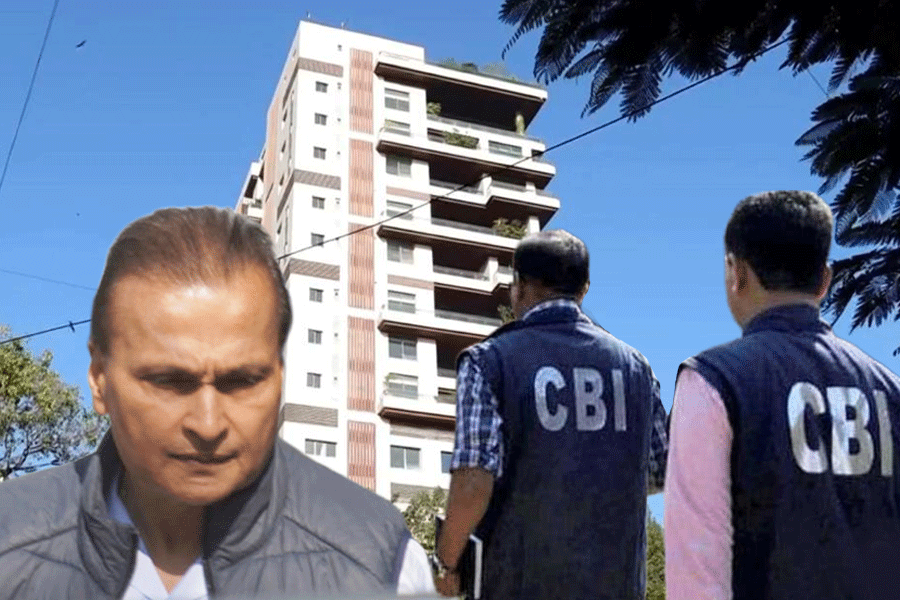Seoul: Young South Korean women are often dismissed by men as apolitical, but they were prominent in the movement to impeach former President Yoon Suk Yeol, whom they accused of encouraging contempt and even hatred for them. They were among the first to take to the streets to condemn Yoon’s short-lived imposition of martial law in December, enlivening large rallies with K-pop songs and glow sticks.
But as South Korea prepares to elect Yoon's replacement on June 3, many women say their priorities — making the country safer and fairer for them — are taking a back seat, and not for the first time.
They endure some of the worst gender-based discrimination in the developed world, including lower pay and underrepresentation in management and politics, as well as rampant online sexual abuse that the law has done little to stop. But addressing such issues has become one of South Korea's most politically delicate subjects.
With the economy in a slump and jobs scarce, many young men consider themselves victims of reverse discrimination and bristle at any hint of a feminist agenda in government. Yoon and his right-wing People Power Party leveraged such sentiments to win the young male vote, and the presidency, in 2022. During the campaign, he said there was no structural discrimination against women in South Korea.
Lee Jae-myung, who lost that election to Yoon by a razor-thin margin, has a substantial lead in the polls this time. But though he has recognised the "leading role" that young women played in Yoon's ouster, Lee and his left-wing Democratic Party are being careful not to provoke male voters with messages that could be seen as feminist.
As a result, neither Lee nor his conservative main rival, Kim Moon-soo of the People Power Party, is saying much about women’s issues. Some women have concluded that nothing will change, regardless of who wins.
"We only have poor options in this election," said Park Jia, who leads a gender equality education centre run by the Seoul Women's Association. "Sure, many women will vote for Lee Jae-myung — not because they expect him to be a great leader for women, but because they are desperate to keep the other side, the conservatives, from power and stop the regression."
On average, South Korean women are paid 31 per cent less than men, the widest gap in the developed world. They hold less than one-fifth of legislative seats.
New York Times News Service

